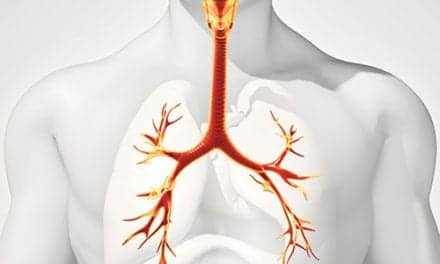New research indicates that young adults with cystic fibrosis are especially vulnerable to depression, which may mean low rates of adherence to treatment.
Now, researchers examined the interplay among treatment adherence, symptoms of depression, and health-related quality of life (HRQoL) in a population of young adults with CF in Denmark.
To this end, the team gave three standardized questionnaires to 67 patients with CF, ages 18 to 30: the Morisky Medication Adherence Scale, Major Depression Inventory, and The Cystic Fibrosis Questionnaire-Revised-Teen/Adult version.
The Morisky Medication Adherence Scale is a validated, self-reporting questionnaire that measures adherence to prescribed medications. It includes specific medication-taking behaviors, and identifies common barriers to poor adherence. The Major Depression Inventory measures depressive symptoms, and the Cystic Fibrosis Questionnaire-Revised-Teen/Adult version is a well-validated, disease-specific HRQoL instrument for CF patients age 14 and older.
Researchers found that a significant fraction of the young population (84%) were either employed or enrolled in an education program; another 3% were unemployed and 13% unable to work for health reasons.










